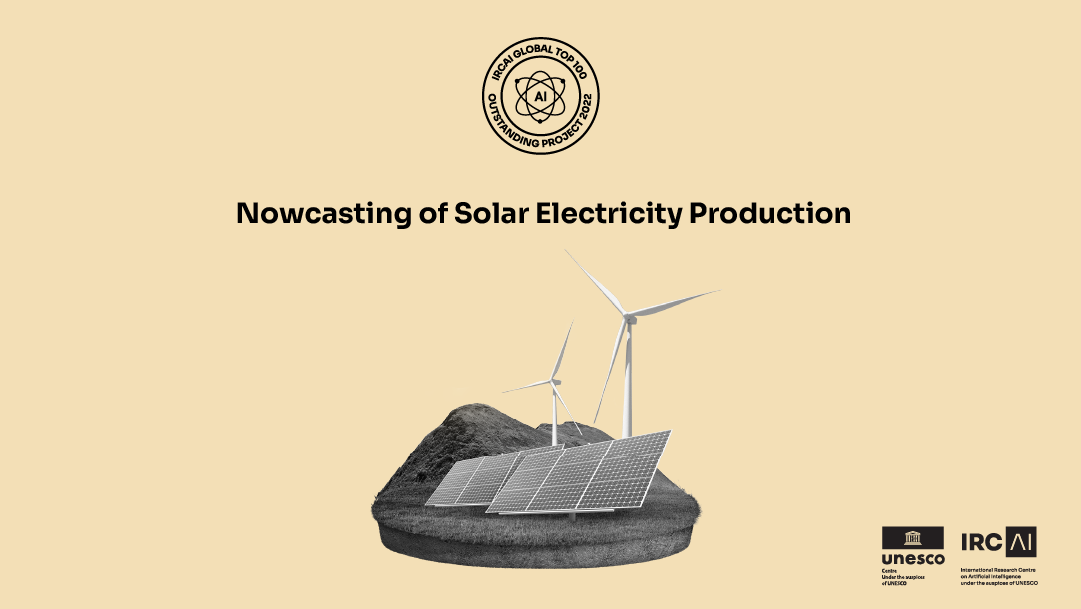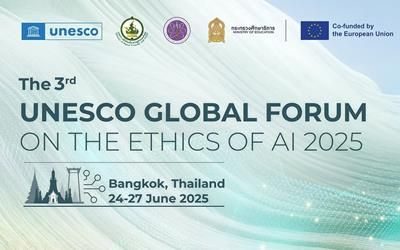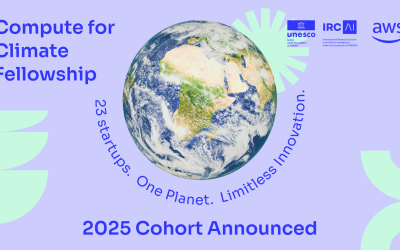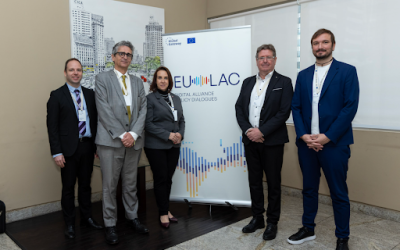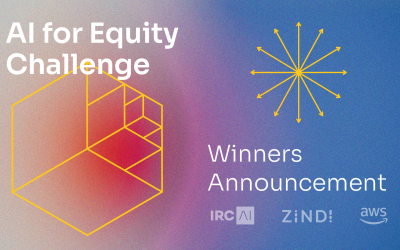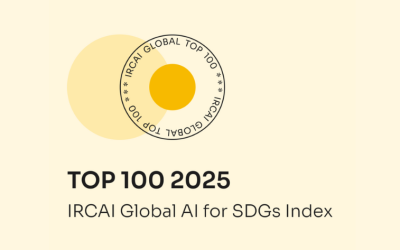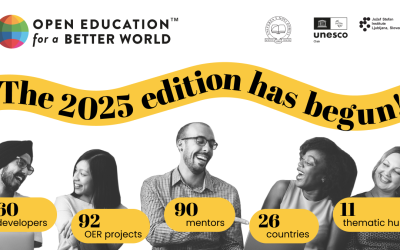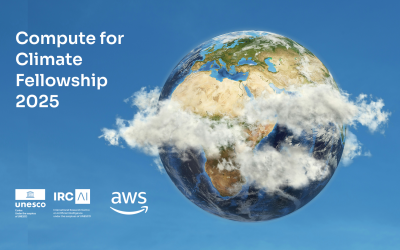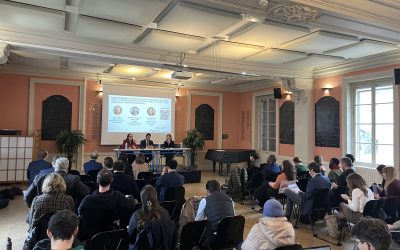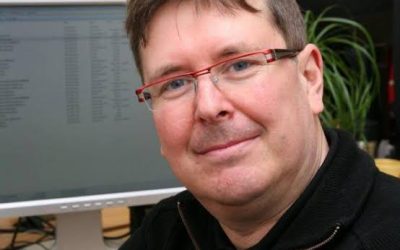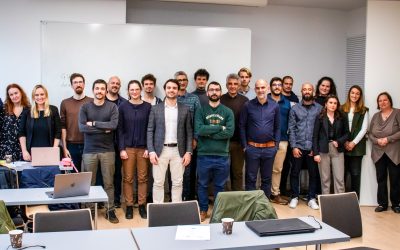After a thorough scientific, ethical, and entrepreneurial review of all projects submitted to the 2022 IRCAI Global Top 100 call, IRCAI has deemed ten submissions as “outstanding” based on their AI integrity, potential impact on the SDGs, business sustainability, and ethical design. In this article, we would like to highlight one more project – submitted by the UK-based non-profit product lab Open Climate Fix. At our STI Forum side event earlier this month, Kasia Krasucka (Program & Partnerships Manager at Open Climate Fix) presented the product lab’s AI-based solar energy generation forecast methods.
Why solar forecasting matters for the SDGs
“As we try to decarbonise the energy sector, while electricity demand is growing around the world, one of the ways to green the electricity grid is to integrate more solar energy”, notes Kasia. A virtually inexhaustible power resource, solar energy does not release carbon dioxide and other harmful pollutants into the atmosphere and offers a decentralized and cost-effective solution to bring electricity to remote areas, providing them also with an opportunity for greater energy independence and security. “But that is challenging”, she warns, pointing at the difficulty to predict how much solar energy will be supplied at a given time, as solar energy is weather-dependent.
Harnessing the power of AI
“Traditional solar energy forecasts do not make use of satellite data and normally use very simple statistical models”, explains Kasia. Open Climate Fix identified this gap in the market and started applying cutting-edge AI models from Google DeepMind. “We use huge volumes of data, including terabytes of satellite data and real-time readings from thousands of photovoltaic systems”, she adds. By using this approach, the product lab helped drastically improve existing forecasting methods.
A mission-focused team
“We operate as a mission-focused non-profit. And everything we build is open-source”, emphasizes Kasia. “Two main reasons why we release our code openly is because we care about transparency and we want to encourage open collaboration on a global scale.” As such, the product lab is currently exploring ways to apply its methods in India and collaborates with local researchers and engineers to improve their code and adapt it for the deployment and use in the local context.
Open Climate Fix licensed the code in their HuggingFace and GitHub repositories under a permissive MIT license. Feel free to check it out.
